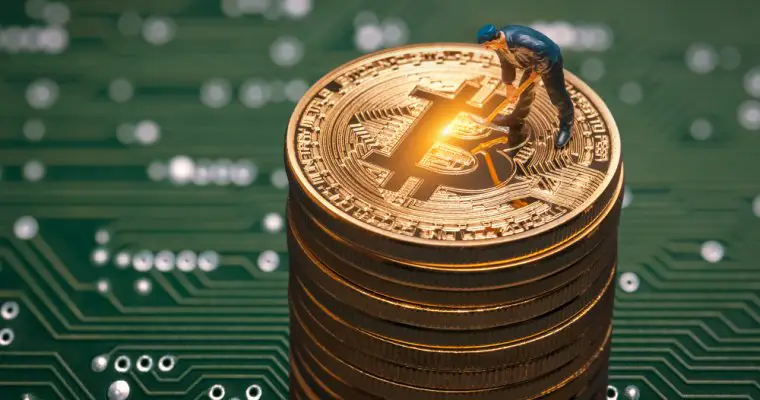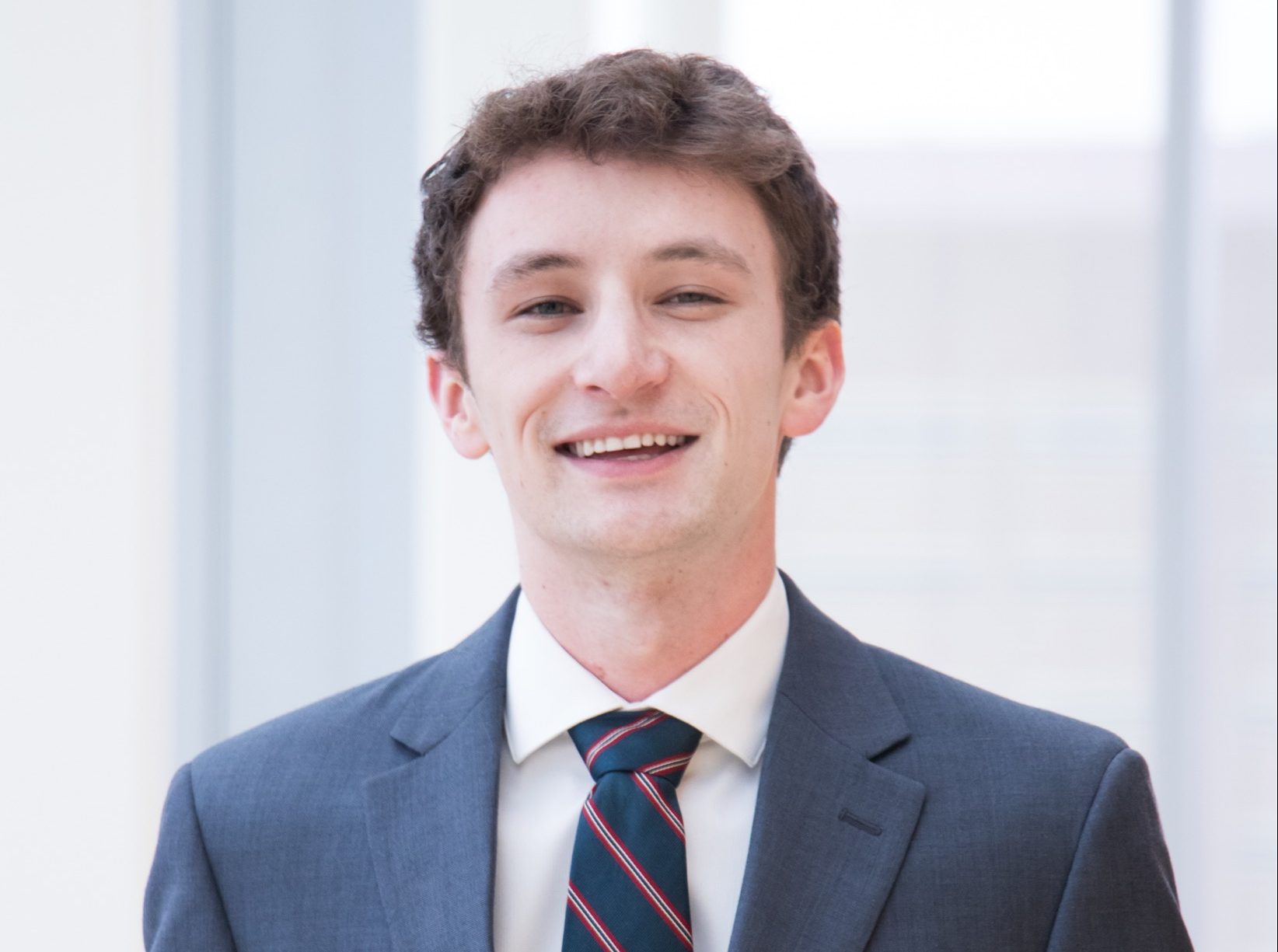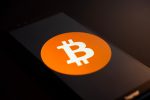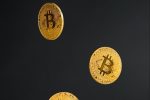Imagine a future without physical money, all replaced by a decentralized, unregulated banking system and anonymous transactions calibrated by supercomputers. With a digital wallet and a universal banking system, we will no longer have to transfer our bills and convert into a new currency upon entering different countries. That future is the very description of Bitcoin.
Bitcoin was created in 2009 by an uncharted coder, Satoshi Nakamoto, who has since gone off the radar. Assembling the pieces of Bitcoin under a false identity, Nakamoto created the program and algorithms for computers to run and process transactions in this digital currency, but he has made no such transactions himself.
With a singular Bitcoin account of over one million coins, which he has owned since Bitcoin’s creation and is projected to be worth close to a billion dollars, Nakamoto has been catapulted into billionaire status thanks to the rise of cryptocurrency last year.
However, the money has remained untouched, and his account has since been stagnant. Could he have predicted the immense success of Bitcoin and the growing value of the account?
Nick Gottlieb, an investor and miner of Bitcoin originally from Santa Monica, claims that no one could have anticipated the success of Bitcoin, including himself. In the eighth grade, an article on Reddit piqued Gottlieb’s interest in the cryptocurrency, which urged him to look for more information through the White Papers. You can look up information about the best Bitcoin exchange.
Even with his research, he could not fully comprehend the logistics behind the operation of Bitcoin, yet he was fascinated by the concept of digital currency, and a universal, decentralized banking system.
It is hard to imagine Bitcoin, as it does not take on a physical entity. Gottlieb explained the concept of Bitcoin by comparing it to holding a credit card whose balance is located within a bank. The card itself is the sole physical manifestation of this bank account balance. What Bitcoin lacks is this physical form; it works with the idea that the people are their own banks.
Without the credit card number, individuals themselves go unnamed; however, transactions are validated through 26 – 35 digit numbers, unique to each transaction. Each time a new payment is carried out, a new number is generated. Instead, the middlemen of Bitcoin are the miners, who replace the mediating role that our banks play in managing our transactions.
Bitcoin employs miners to work the job of banks, making sure that there is enough money in their accounts to be transferred to a different account. The word “employ” is used loosely; it’s not as though these miners went in for an interview and have a job title. They are geographically disassociated individuals who have gained access to the program to run Bitcoin.
Bitcoin generates extremely complicated math problems to validate transactions, which only a supercomputer with the specified program is able to understand. The computer solves the math problems and the program transfers the Bitcoin through the completion of these transactions and into respective accounts.
Although the computer runs the majority of the mining job, Gottlieb needs to routinely maintenance these “mining rigs” and fix the constant glitches of the supercomputer. As a miner, he regulates the computer that confirms transactions on the Bitcoin network.
The transactions flow through the blockchain of Bitcoin, the private key of each Bitcoin entity, and once the transactions are proved as valid, it is updated in the ledger.

Every approved transaction gives the miner who confirmed it a small piece of Bitcoin. However, the amount of Bitcoin in which each miner receives constantly fluctuates as it is dictated by the presence of miners on the network.
A small number of miners will generate a code that is easier for computers to crack, but with more miners, competition increases and the codes become increasingly complex. Therefore, as a miner, the profits are completely derived from others included on the network and how many choose to mine.
Over the course of 20 years, a total of 21 million coins will be released. There is a finite amount of Bitcoin for those who are mining, meaning that the reward that miners are receiving is dwindling. There are currently 16 million Bitcoins in circulation, and Gottlieb confirmed that the final quantity of Bitcoin is projected to be released in 2140.
Releasing more Bitcoin can be compared to the government printing more money, which is also subject to the same concept of inflation: the more Bitcoin is released, the less it will be worth. However, once the last Bitcoin is released, none will be left, and those 21 million coins will be the only ones that will be able to ever be in circulation.
Bitcoin mining program is surprisingly easy to download despite its requirements of a supercomputer. Contrary to the common image of a large computer that fills up a room, Gottlieb argues that the program to mine Bitcoin can be downloaded onto any electronic devices, such as a laptop or cell phone.
However, downloading the program on such portable devices simply will not be as profitable or powerful as the supercomputers, which are typically used to mine.
Gottlieb is currently in the process of building his second “mining rig”: a room filled with computers. Shortly after, he plans to build a third and fourth.
The problem with housing these massive computers in his own room is the heat that is generated by the huge amount of power needed to run these computers full time, which will be wasted through blasting air conditioning in combating the high temperature of the computers.
Gottlieb plans on renting a space to house these computers and taking advantage of the Michigan cold and saving electricity by keeping the windows open.
Despite extensive involvement with Bitcoin, Gottlieb considers it a side project. He initially took up Bitcoin mining as a casual activity and never expected any success to come out of it. With his initial earnings from the investment, however, Gottlieb began working with a hedge fund investment management firm in Santa Monica and continues to go to college.
Although he is majoring in finance at the University of Michigan, Gottlieb does not feel obligated to work toward the traditional path followed by finance students. This summer, he plans to work in venture capital in Chicago.
Despite his success in the Bitcoin industry, Gottlieb believes that our banking system will undergo extensive changes in the coming years, affecting everything from traditional banks to cySEC forex brokers, which fuel his commitment to the study of finance.
The rise of this digital currency will consequently spur a shift in our global economy and heightened connectivity. Just as the internet has brought people of different worlds together, the digitized currency will do the same.
Whether Bitcoin will be the end product of this transition is uncertain. However, we can expect at least some digitization of currency and a major shift in the current norm. This transition will require trust in the people since there is no longer a middleman guiding others in balancing their accounts and making good decisions with their money.
The transition to this universal currency will take time, but, as Gottlieb believes, it will initiate a major shift in our global banking system and overall reliance on the government.

















